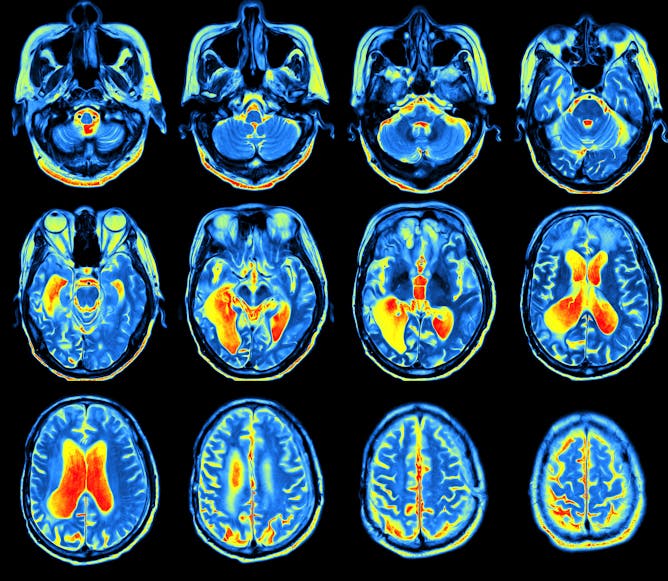Editor's note
|
|
It’s the time of the year when torrents of photos of happy families and smiling groups of friends are plastered all over social media. For many people, taking hundreds, if not thousands, of pictures is now a crucial part of any festive occasion. But before you reach for your phone and strike a pose, consider that constantly taking snaps can actually impair your memory of the event, and leave you with a distorted self-image.
That said, we tend to have an inaccurate and even inflated view of ourselves anyway. Most of us like to think that we are spontaneous, for example, even though brain scans reveal that many of us aren’t. Others are convinced they are introverts, when in reality they are just bad at recognising faces. And nearly all of us consider ourselves to be good people who stand up for what’s right. But research suggests that the vast majority of us would not only fail to stand up to an oppressive regime, but even end up supporting it.
The reason for this is that we are very quick to conform to what everyone else thinks, something that is actually also preventing us from being happy. In fact, depression is becoming an increasingly big problem, especially for young people. One particularly devastating form that we have learned about this year is “smiling depression” – being depressed while appearing happy.
But it is never too late to turn your life around. A good place to start is getting to know yourself. Another simple thing you can do is to stop worrying so much about making the wrong decision. A fear of regret can lock us into bad relationships, jobs and habits – but there are ways to break free.
Hopefully we will get many more insights into the human psyche next year – and we are far from reaching the limits of human knowledge. In fact, there is even hope that, by going beyond conventional science, we can solve the biggest question of them all soon: what consciousness really is.
All the best.
|
Miriam Frankel
Science Editor
|

|
|
|
|

Shutterstock
Giuliana Mazzoni, University of Hull
Memories are an important part of our identity and we increasingly entrust them to the cloud – with potentially serious consequences.
|

Jacob Lund/Shutterstock
Parashkev Nachev, UCL
Researchers get their first glimpse into what happens in the brain when we consciously relinquish control over our actions and go with the flow.
|

s.
pathdoc/Shutterstock
Karen Lander, University of Manchester
Your ability to recognise faces may have some connection to your extroversion, empathy levels and anxiety.
|

Jasper Savage/Hulu/Channel 4
Nick Chater, Warwick Business School, University of Warwick
We all like to think of ourselves as heroes. But according to science, the vast majority of us wouldn't be prepared to rebel against totalitarian rulers.
|

There’s no such thing as the perfect life.
Motortion Films/Shutterstock
Lowri Dowthwaite, University of Central Lancashire
Are you an extrovert or an introvert? From personality to emotional maturity, individual differences matter when it comes to happiness.
|

Putting on a mask doesn’t make depression any easier.
Alyssa L. Miller/Flickr
Olivia Remes, University of Cambridge
Almost half of people with depression don't appear as sad as you'd expect, but are at a particularly high risk of suicide.
|

javi_indy/Shutterstock
Niia Nikolova, University of Strathclyde
If you develop an awareness of how you feel you are more likely to be able to change negative thinking patterns.
|

Damian Gadal/Flickr
Eyal Winter, Lancaster University
Our brain processes the fear of regret in the same way as actual regret, making us reluctant to make changes in life.
|

Mike Ver Sprill/Shutterstock
Maarten Boudry, Ghent University
We know that pigs or dogs will never understand prime numbers. Some philosophers think that concepts like consciousness are similarly inaccessible to humans.
|

MRI scan of the brain.
MRIman
Philip Goff, Durham University
One day we will have a science of consciousness, but it won’t be science as we know it today
|
| |
Featured events
|

|
Ron Cooke Hub, Campus East, , York, York, YO10 5GE, United Kingdom of Great Britain and Northern Ireland — University of York
|
|
|
|
| |
| |
| |
| |
| |
|
|